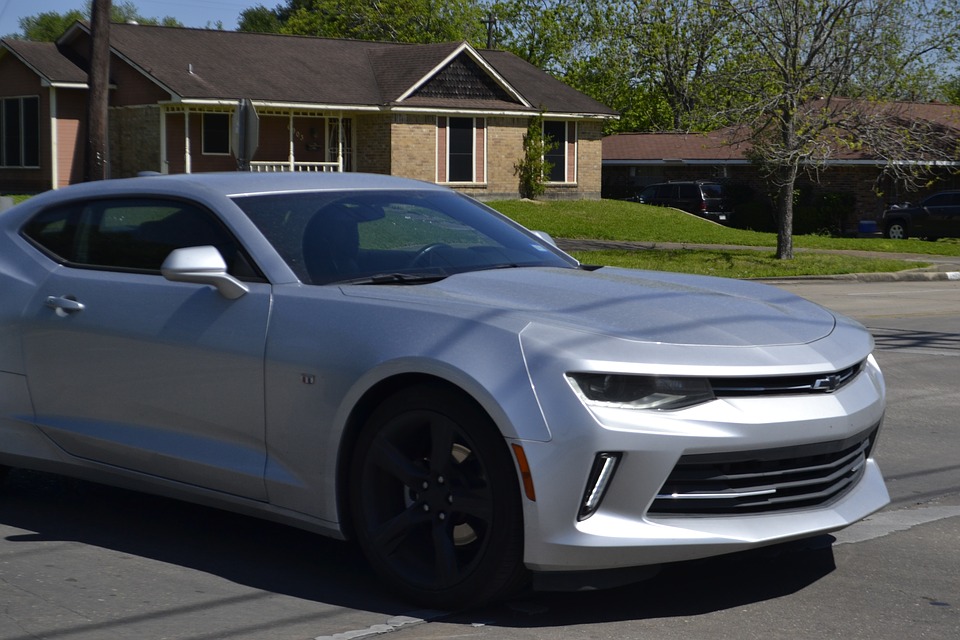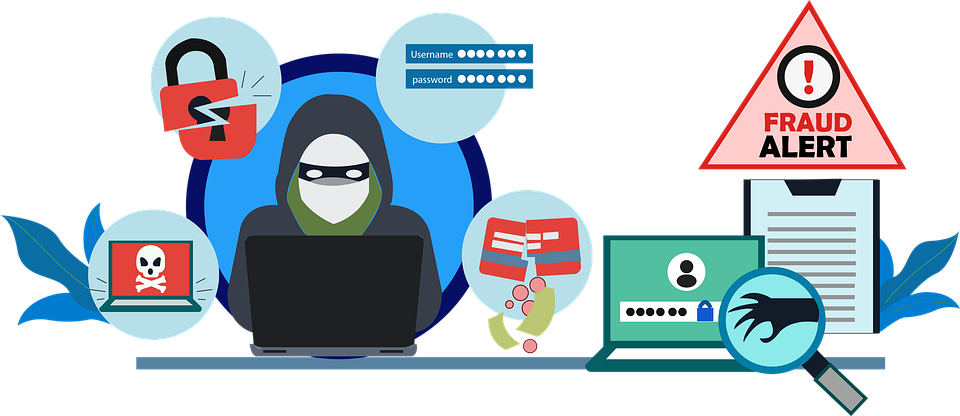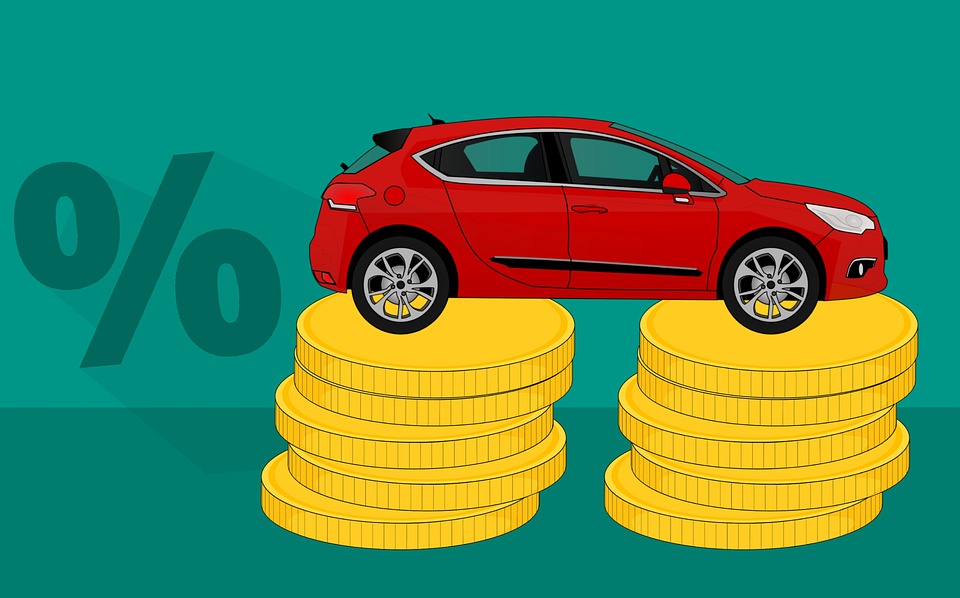 Courtesy of iii.org
Courtesy of iii.org
One of the best ways to keep your auto insurance costs down is to have a good driving record.
Listed below are other things you can do to lower your insurance costs.
1. Shop around
Prices vary from company to company, so it pays to shop around. Get at least three price quotes. You can call companies directly or access information on the Internet. Your state insurance department may also provide comparisons of prices charged by major insurers.
You buy insurance to protect you financially and provide peace of mind. It’s important to pick a company that is financially stable. Check the financial health of insurance companies with rating companies such as A.M. Best (www.ambest.com) and Standard & Poor’s (www.standardandpoors.com/ratings) and consult consumer magazines.
Get quotes from different types of insurance companies. Some sell through their own agents. These agencies have the same name as the insurance company. Some sell through independent agents who offer policies from several insurance companies. Others do not use agents. They sell directly to consumers over the phone or via the Internet.
Don’t shop by price alone. Ask friends and relatives for their recommendations. Contact your state insurance department to find out whether they provide information on consumer complaints by company. Pick an agent or company representative that takes the time to answer your questions. You can use the checklist on the back of this brochure to help you compare quotes from insurers.
2. Before you buy a car, compare insurance costs
Before you buy a new or used car, check into insurance costs. Car insurance premiums are based in part on the car’s price, the cost to repair it, its overall safety record and the likelihood of theft. Many insurers offer discounts for features that reduce the risk of injuries or theft. To help you decide what car to buy, you can get information from the Insurance Institute for Highway Safety (www.iihs.org).
3. Ask for higher deductibles
Deductibles are what you pay before your insurance policy kicks in. By requesting higher deductibles, you can lower your costs substantially. For example, increasing your deductible from $200 to $500 could reduce your collision and comprehensive coverage cost by 15 to 30 percent. Going to a $1,000 deductible can save you 40 percent or more. Before choosing a higher deductible, be sure you have enough money set aside to pay it if you have a claim.
4. Reduce coverage on older cars
Consider dropping collision and/or comprehensive coverages on older cars. If your car is worth less than 10 times the premium, purchasing the coverage may not be cost effective. Auto dealers and banks can tell you the worth of cars. Or you can look it up online at Kelley’s Blue Book (www.kbb.com). Review your coverage at renewal time to make sure your insurance needs haven’t changed.
5. Buy your homeowners and auto coverage from the same insurer
Many insurers will give you a break if you buy two or more types of insurance. You may also get a reduction if you have more than one vehicle insured with the same company. Some insurers reduce the rates for long-time customers. But it still makes sense to shop around! You may save money buying from different insurance companies, compared with a multipolicy discount.
6. Maintain a good credit record
Establishing a solid credit history can cut your insurance costs. Most insurers use credit information to price auto insurance policies. Research shows that people who effectively manage their credit have fewer claims. To protect your credit standing, pay your bills on time, don’t obtain more credit than you need and keep your credit balances as low as possible. Check your credit record on a regular basis and have any errors corrected promptly so that your record remains accurate.
7. Take advantage of low mileage discounts
Some companies offer discounts to motorists who drive a lower than average number of miles per year. Low mileage discounts can also apply to drivers who car pool to work.
8. Ask about group insurance
Some companies offer reductions to drivers who get insurance through a group plan from their employers, through professional, business and alumni groups or from other associations. Ask your employer and inquire with groups or clubs you are a member of to see if this is possible.
9. Seek out other discounts
Companies offer discounts to policyholders who have not had any accidents or moving violations for a number of years. You may also get a discount if you take a defensive driving course. If there is a young driver on the policy who is a good student, has taken a drivers education course or is away at college without a car, you may also qualify for a lower rate.
When you comparison shop, inquire about discounts for the following:*
Antitheft Devices
Auto and Homeowners Coverage with the Same Company
College Students away from Home
Defensive Driving Courses
Drivers Ed Courses
Good Credit Record
Higher deductibles
Low Annual Mileage
Long-Time Customer
More than 1 car
No Accidents in 3 Years
No Moving Violations in 3 Years
Student Drivers with Good Grades
*The discounts listed may not be available in all states or from all insurance companies.
The key to savings is not the discounts, but the final price. A company that offers few discounts may still have a lower overall price.


